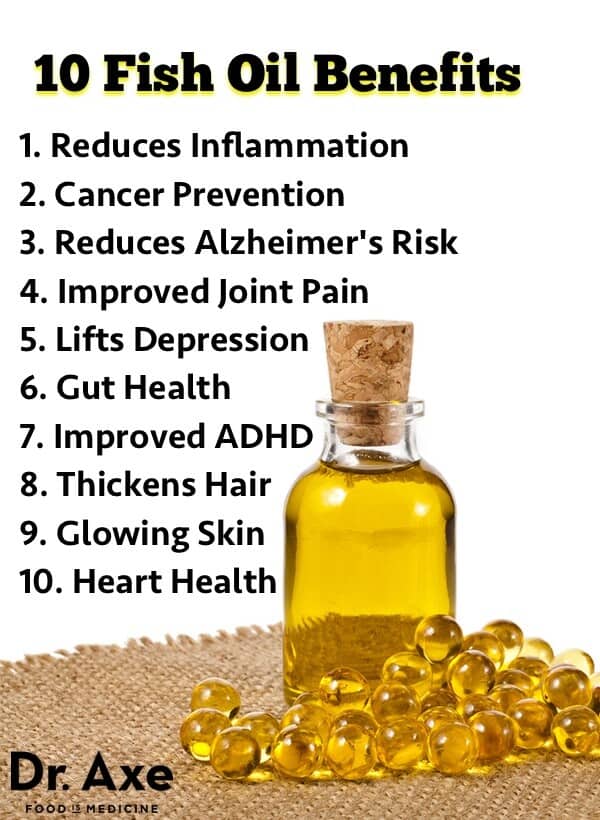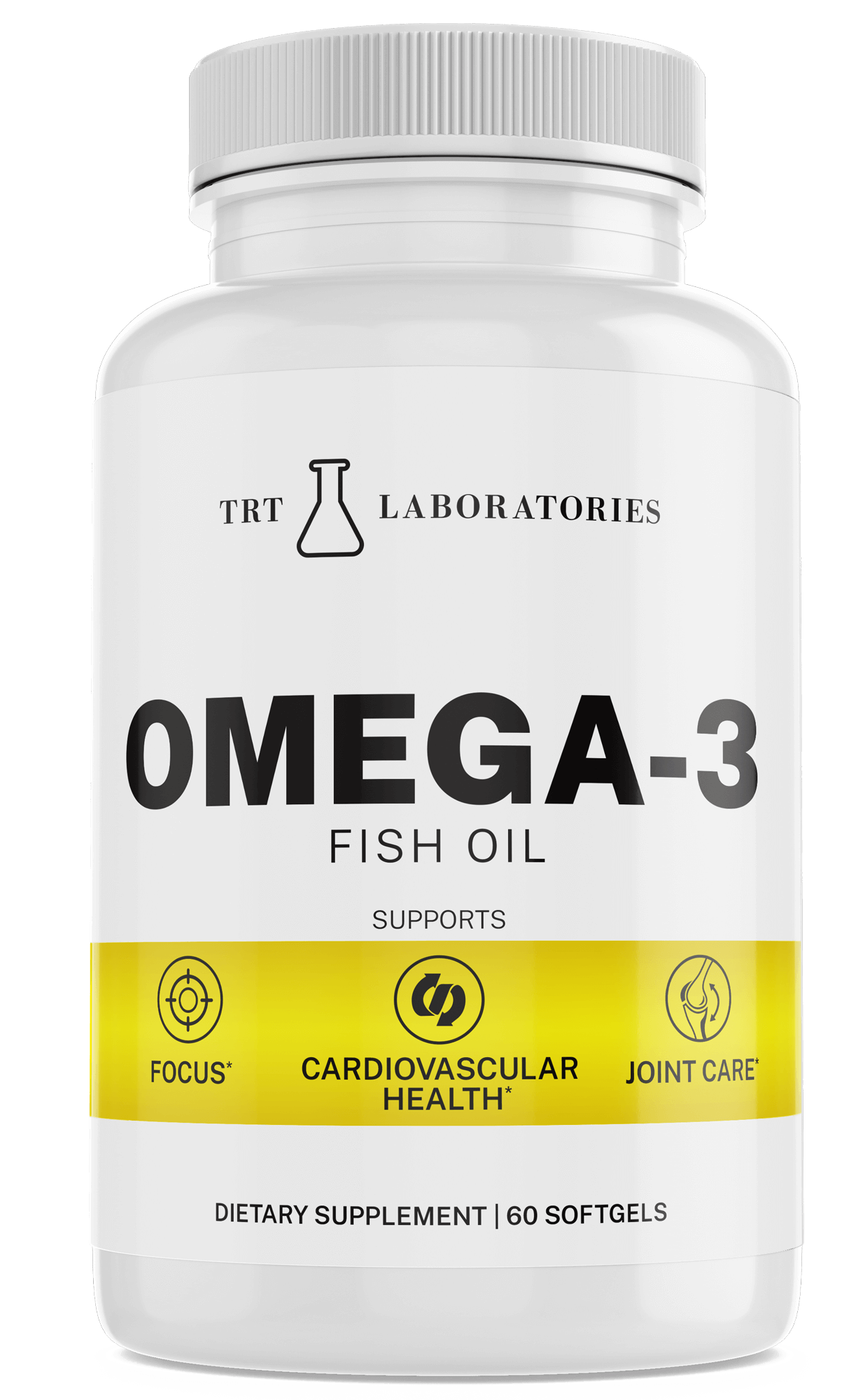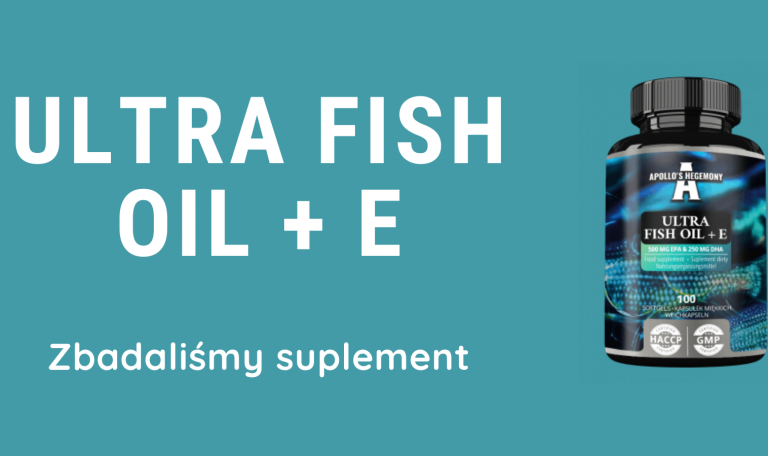How Much Does Fish Oil Increase Testosterone

The quest for naturally boosting testosterone levels is a relentless pursuit for many men, spanning from athletes seeking a competitive edge to individuals aiming to improve their overall health and vitality. Among the myriad of purported testosterone enhancers, fish oil has emerged as a popular contender, fueled by anecdotes and preliminary studies suggesting a potential link. But does fish oil truly live up to the hype, and can it significantly impact testosterone levels?
This article delves into the scientific evidence surrounding fish oil and testosterone, critically evaluating the available research to determine the extent, if any, to which this supplement can influence hormone production. We'll explore the mechanisms through which fish oil might exert its effects, scrutinize the findings of clinical trials, and consider the perspectives of experts in the field. Ultimately, we aim to provide a balanced and evidence-based assessment of fish oil's role in testosterone enhancement, separating fact from fiction in this often-misunderstood area of men's health.
Understanding Testosterone and Its Importance
Testosterone is a crucial hormone in men, playing a vital role in muscle mass development, bone density, red blood cell production, and sexual function. Normal testosterone levels are essential for maintaining energy levels, mood, and cognitive function. Declining testosterone levels, often associated with aging or underlying medical conditions, can lead to a range of symptoms, including fatigue, decreased libido, and loss of muscle mass.
The pursuit of methods to naturally boost testosterone is driven by a desire to mitigate these symptoms and maintain optimal health. While prescription testosterone replacement therapy is available, many individuals prefer natural alternatives, such as dietary changes and supplementation, to avoid potential side effects and long-term dependence.
Fish Oil: Composition and Potential Mechanisms
Fish oil is a rich source of omega-3 fatty acids, primarily eicosapentaenoic acid (EPA) and docosahexaenoic acid (DHA). These fatty acids are essential nutrients with well-established benefits for cardiovascular health, brain function, and inflammation reduction. The potential link between fish oil and testosterone stems from its effects on various physiological processes that influence hormone production.
One proposed mechanism is that omega-3 fatty acids can improve the function of Leydig cells, the cells in the testes responsible for testosterone synthesis. Some studies suggest that EPA and DHA can enhance the fluidity of cell membranes, potentially optimizing the activity of enzymes involved in testosterone production. Furthermore, fish oil's anti-inflammatory properties might indirectly support testosterone production by reducing inflammation in the testes and other tissues involved in hormonal regulation.
Reviewing the Scientific Evidence: Clinical Trials and Studies
The scientific evidence on fish oil's impact on testosterone is mixed, with some studies showing promising results while others report no significant effect. A 2020 study published in the Journal of the International Society of Sports Nutrition investigated the effects of omega-3 supplementation on hormone profiles in resistance-trained men. The results indicated that omega-3 supplementation, in conjunction with resistance training, led to a modest increase in testosterone levels compared to placebo.
However, other studies have yielded less encouraging findings. A meta-analysis of several randomized controlled trials, published in Nutrients, found no significant association between fish oil supplementation and testosterone levels in healthy men. The authors concluded that the available evidence was insufficient to support the use of fish oil as a testosterone booster. These conflicting results highlight the complexity of the relationship between fish oil and testosterone, and the need for further research.
Factors Influencing Study Outcomes and Interpretation
Several factors can contribute to the variability in study outcomes, making it challenging to draw definitive conclusions about fish oil's effects on testosterone. Dosage, duration of supplementation, and the characteristics of the study participants (e.g., age, health status, and training level) can all influence the results. For example, studies using higher doses of omega-3 fatty acids or involving individuals with pre-existing low testosterone levels might be more likely to observe a positive effect.
Furthermore, the methodology of the studies, including the control groups, the assessment of testosterone levels (e.g., total vs. free testosterone), and the statistical analysis, can impact the interpretation of the findings. It's also important to consider the potential for publication bias, where studies with positive results are more likely to be published than those with negative results.
Expert Perspectives and Recommendations
Experts in the field of endocrinology and sports nutrition generally advise caution when interpreting the claims surrounding fish oil and testosterone. Dr. Emily Carter, an endocrinologist specializing in male hormone health, emphasizes that "fish oil should not be considered a primary treatment for low testosterone. While it may offer some benefits for overall health, the evidence for its direct impact on testosterone levels is weak."
Dr. Mark Thompson, a sports nutritionist, suggests that "fish oil may play a supportive role in optimizing hormone function, particularly in individuals who are deficient in omega-3 fatty acids. However, it's crucial to prioritize other factors, such as a healthy diet, regular exercise, and adequate sleep, which have a more significant impact on testosterone levels." He advises seeking guidance from a healthcare professional before starting any supplementation regimen, especially if you have underlying medical conditions.
The Bottom Line: Fish Oil and Testosterone – A Limited Impact
Based on the current scientific evidence, fish oil appears to have a limited and inconsistent impact on testosterone levels. While some studies suggest a modest increase, particularly in conjunction with resistance training, the overall body of evidence does not support the use of fish oil as a primary testosterone booster. Its benefits are more firmly established in areas such as cardiovascular health and inflammation reduction.
For individuals seeking to boost testosterone levels, a holistic approach encompassing a balanced diet, regular exercise, stress management, and adequate sleep is likely to be more effective. If you suspect you have low testosterone levels, consult with a healthcare professional to determine the underlying cause and explore appropriate treatment options.
Future Research Directions
Future research should focus on clarifying the specific mechanisms through which omega-3 fatty acids might influence testosterone production, and on identifying subgroups of individuals who may be more likely to benefit from fish oil supplementation. Larger, well-designed clinical trials are needed to further investigate the effects of different dosages and formulations of fish oil on testosterone levels, and to assess the long-term impact of supplementation.
Furthermore, research should explore the potential synergistic effects of fish oil with other lifestyle interventions and supplements known to support testosterone production. By addressing these gaps in knowledge, we can gain a more comprehensive understanding of fish oil's role in hormone health and provide evidence-based recommendations to individuals seeking to optimize their testosterone levels.


















